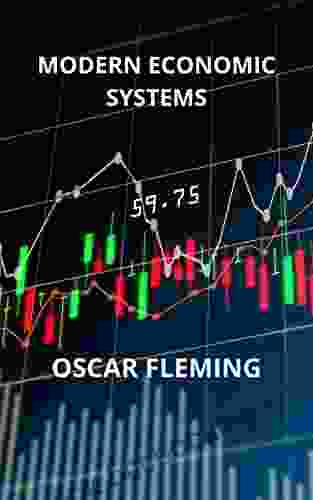Modern Economic Systems: A Comprehensive Guide to Understanding Global Economies

5 out of 5
| Language | : | English |
| File size | : | 547 KB |
| Text-to-Speech | : | Enabled |
| Screen Reader | : | Supported |
| Enhanced typesetting | : | Enabled |
| Word Wise | : | Enabled |
| Print length | : | 200 pages |
| Lending | : | Enabled |
The world's economies are a diverse tapestry of systems, each with its unique features and challenges. Understanding these systems is crucial for informed decision-making at both individual and policy levels. This comprehensive guide dives into the different types of modern economic systems, providing readers with a deeper understanding of their structures, advantages, and shortcomings. Capitalism is an economic system characterized by private ownership of means of production and a free market economy. In capitalist systems, individuals and businesses have the freedom to produce, distribute, and exchange goods and services for profit. The fundamental principles of capitalism include private property rights, competition, and the profit motive. Socialism encompasses a range of economic systems that prioritize social welfare and equality. Common features of socialist systems include collective or state ownership of major industries, central planning, and the provision of essential services, such as healthcare and education, by the government. Mixed economies combine elements of both capitalism and socialism. They typically feature private ownership and free markets alongside government involvement in key sectors, such as healthcare, education, and infrastructure. Traditional economies are based on long-standing customs, traditions, and social norms. Production and distribution of goods and services are primarily determined by family, tribe, or community ties. Traditional economies exist in small-scale societies with limited external trade or market activity. Command economies are characterized by centralized government control of economic activity. The government decides what goods and services are produced, how they are produced, and who receives them. Command economies typically exist in authoritarian political systems. The world's economic systems are diverse and complex, each with its advantages and challenges. Capitalism, socialism, mixed economies, traditional economies, and command economies represent a spectrum of approaches to organizing economic activity. Understanding these systems is essential for informed decision-making, global cooperation, and economic prosperity. By delving into the intricacies of modern economic systemsCapitalism: The Cornerstone of Market Economies
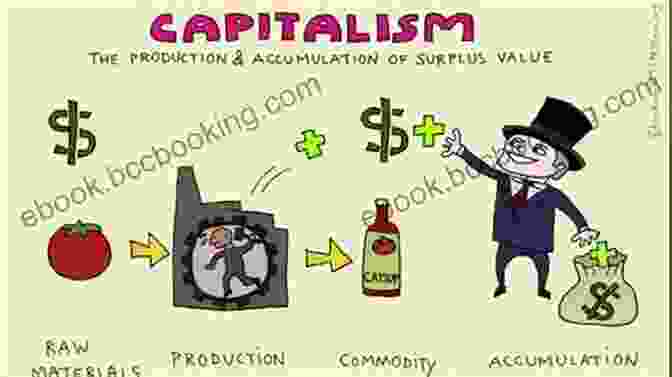
Advantages of Capitalism
Challenges of Capitalism
Socialism: A Spectrum of Economic Equality
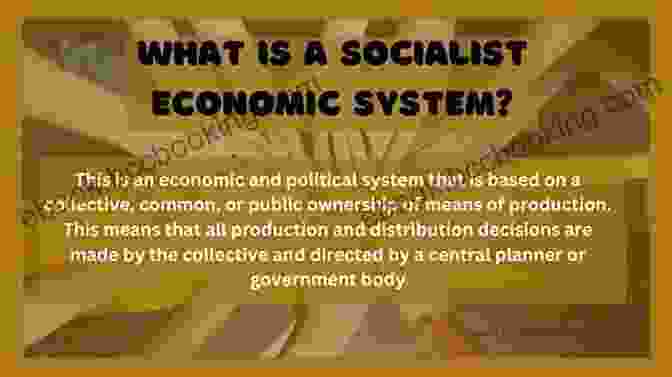
Types of Socialism
Advantages of Socialism
Challenges of Socialism
Mixed Economies: Blending Capitalism and Socialism
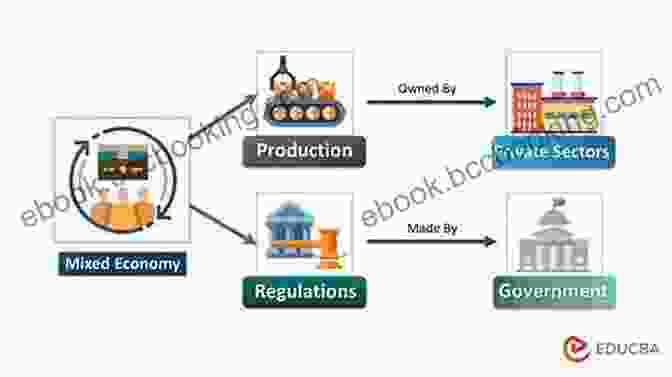
Advantages of Mixed Economies
Challenges of Mixed Economies
Traditional Economies: Rooted in Custom and Tradition
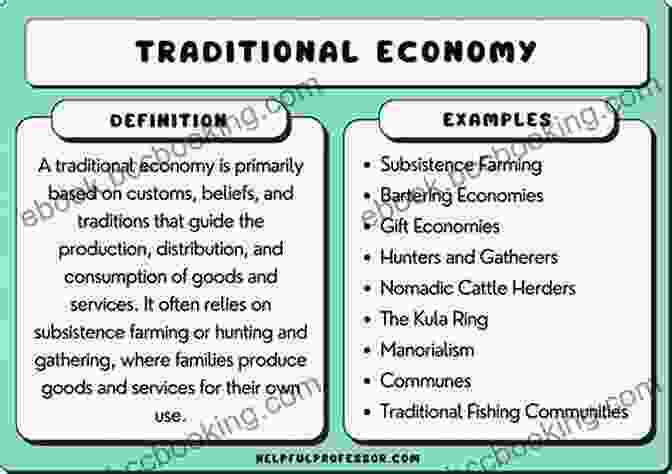
Advantages of Traditional Economies
Challenges of Traditional Economies
Command Economies: Centralized Control and Planning
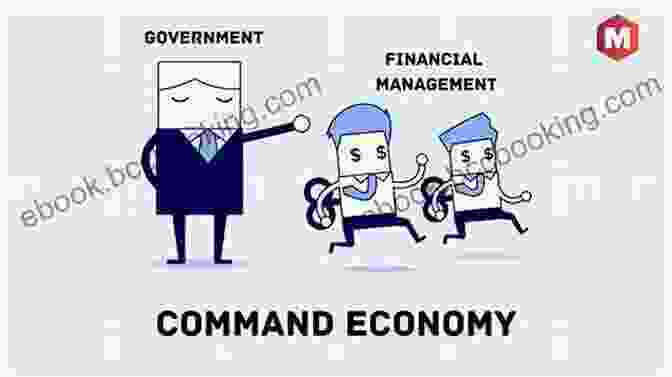
Advantages of Command Economies
Challenges of Command Economies
5 out of 5
| Language | : | English |
| File size | : | 547 KB |
| Text-to-Speech | : | Enabled |
| Screen Reader | : | Supported |
| Enhanced typesetting | : | Enabled |
| Word Wise | : | Enabled |
| Print length | : | 200 pages |
| Lending | : | Enabled |
Do you want to contribute by writing guest posts on this blog?
Please contact us and send us a resume of previous articles that you have written.
 Book
Book Novel
Novel Page
Page Chapter
Chapter Text
Text Story
Story Genre
Genre Reader
Reader Library
Library Paperback
Paperback E-book
E-book Magazine
Magazine Newspaper
Newspaper Paragraph
Paragraph Sentence
Sentence Bookmark
Bookmark Shelf
Shelf Glossary
Glossary Bibliography
Bibliography Foreword
Foreword Preface
Preface Synopsis
Synopsis Annotation
Annotation Footnote
Footnote Manuscript
Manuscript Scroll
Scroll Codex
Codex Tome
Tome Bestseller
Bestseller Classics
Classics Library card
Library card Narrative
Narrative Biography
Biography Autobiography
Autobiography Memoir
Memoir Reference
Reference Encyclopedia
Encyclopedia Natalie Morris
Natalie Morris Oksanna Crawley
Oksanna Crawley Rebecca E Karl
Rebecca E Karl Whitney Ferre
Whitney Ferre Ted Leeson
Ted Leeson Tommy Xiao Wan
Tommy Xiao Wan Janet Evanovich
Janet Evanovich Pamela Newkirk
Pamela Newkirk Tina L Quick
Tina L Quick Lawrence F Locke
Lawrence F Locke Nick Hunt
Nick Hunt Thomas Meyer Zur Capellen
Thomas Meyer Zur Capellen Michael Golay
Michael Golay Marge Foley
Marge Foley Robert Mcnally
Robert Mcnally Ron Franscell
Ron Franscell Terry Frei
Terry Frei Ronie Kendig
Ronie Kendig Namita Gokhale
Namita Gokhale Oleh Havrylyshyn
Oleh Havrylyshyn
Light bulbAdvertise smarter! Our strategic ad space ensures maximum exposure. Reserve your spot today!
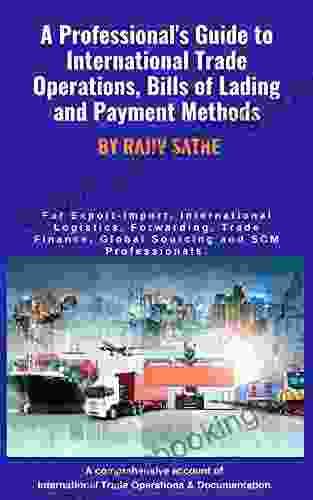
 Randy HayesFor Export Import International Logistics Forwarding Finance Global Sourcing:...
Randy HayesFor Export Import International Logistics Forwarding Finance Global Sourcing:... Jayson PowellFollow ·13k
Jayson PowellFollow ·13k Foster HayesFollow ·8.3k
Foster HayesFollow ·8.3k Eugene PowellFollow ·18.5k
Eugene PowellFollow ·18.5k Jason ReedFollow ·12.9k
Jason ReedFollow ·12.9k Oliver FosterFollow ·6.8k
Oliver FosterFollow ·6.8k Evan HayesFollow ·3.6k
Evan HayesFollow ·3.6k Neil GaimanFollow ·14.6k
Neil GaimanFollow ·14.6k Vince HayesFollow ·7.6k
Vince HayesFollow ·7.6k

 Philip Bell
Philip BellPersonal History: From the Last Imperial Dynasty to the...
By Author Name A...

 Gustavo Cox
Gustavo CoxAlexander Csoma de Kőrös: The Father of Tibetology
Alexander...

 Harvey Bell
Harvey BellUnveiling the Titanicat: Dive into the True Stories...
A Literary Voyage into the...

 José Martí
José MartíUnveiling the Festive Flavors of Christmas: A Culinary...
As the crisp winter air fills with the...
5 out of 5
| Language | : | English |
| File size | : | 547 KB |
| Text-to-Speech | : | Enabled |
| Screen Reader | : | Supported |
| Enhanced typesetting | : | Enabled |
| Word Wise | : | Enabled |
| Print length | : | 200 pages |
| Lending | : | Enabled |


